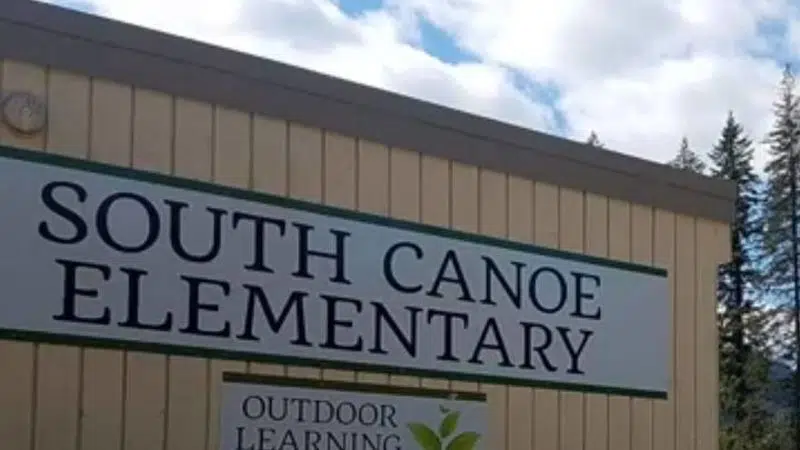
Shuswap elementary school wins $30K to upgrade kitchen
An elementary school in the Shuswap will have $30,000 to upgrade its kitchen after earning a runner-up spot in BCAA’s Play Here contest.
Three winners from across the province were awarded $100,000 each this week to update a play space.
Two winners were from Vancouver Island (a school playground and a community playground) while the third was from the South Okanagan (a skate park in Oliver).
Earning the first runner-up spot was South Canoe Elementary in Salmon Arm. The school will use the $30,000 on upgrading its kitchen.


